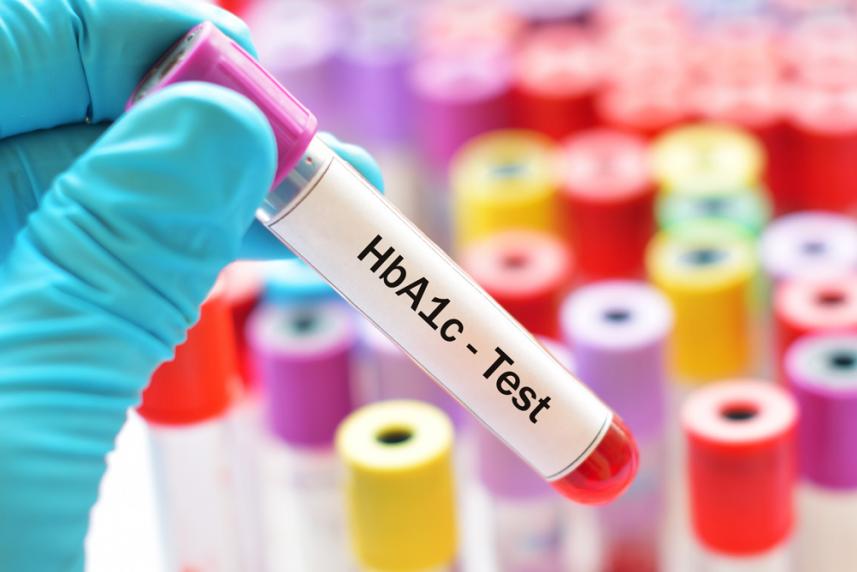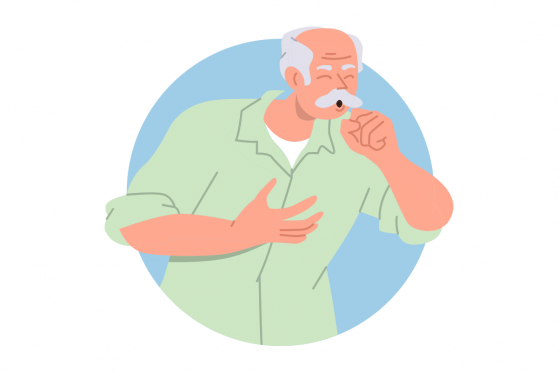6 Natural Ways You Can Improve Your A1c Results
Gain more control without relying on medication

The results of your A1c test are a good sign of how well your diabetes treatment plan is working. If your results are too high, you might be at risk for developing diabetes complications such as heart disease, stroke, nerve damage or kidney damage. The good news is there are ways to lower your A1c levels without using medication. Try these easy suggestions:
Move!
Regular exercise can help lower blood sugar levels. Aim for 30 minutes of moderate intensity exercise (like brisk walking or cycling) 5 or more times a week. Anything that gets your body moving is good for you. Remember to talk to your doctor before starting a new exercise regime.
Eat Better for You
Try to have balanced meals, which means getting the right amount of protein and complex carbohydrates. Fill half your plate with non-starchy vegetables like cauliflower, carrots, green beans, peppers and squash. Aim for three meals at regular intervals each day so your blood sugar level remains stable. Steer clear of processed foods. Talk to a dietitian or a certified diabetes educator to help plan your meals.
Reduce Stress Levels
Stressful situations can cause the body to release hormones that raise your blood sugar. If you are feeling stressed, try relaxation techniques such as mindfulness and breathing exercises. Listening to music or reading a book can also help. Physical activity is a proven stress buster.
Get Your 7 to 8
You may have noticed elevated blood sugar levels when you don’t get enough rest. Too little sleep can affect your body’s ability to regulate blood sugar. High blood sugar can also affect the quality of your sleep. To help get a better night’s rest, make an effort to establish healthy sleep habits: stick to a regular bedtime, try not to drink caffeine after lunch, ensure your room is completely dark and try to switch off all electronic devices approximately one hour before you get into bed.
Watch Your Weight
Being overweight makes it harder for insulin to do its job of controlling blood sugar. As a result, your A1c numbers may be too high. Losing 10 to 15 pounds can help make a big improvement in your ability to control blood sugar. Be sure each meal includes fiber and protein to fill you up and feel satisfied. Cut out or at least cut back on empty calories like most packaged snacks. Weigh yourself at least once a week. Seeing progress will inspire you to keep going.
Learn All You Can
Understanding how diabetes works is key to controlling it. Your doctor may be able to recommend a certified diabetes educator. Or you can try a diabetes self-management education program. Look for one certified by the American Diabetes Association or the American Association of Diabetes Educators.



